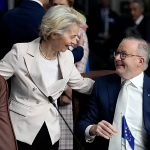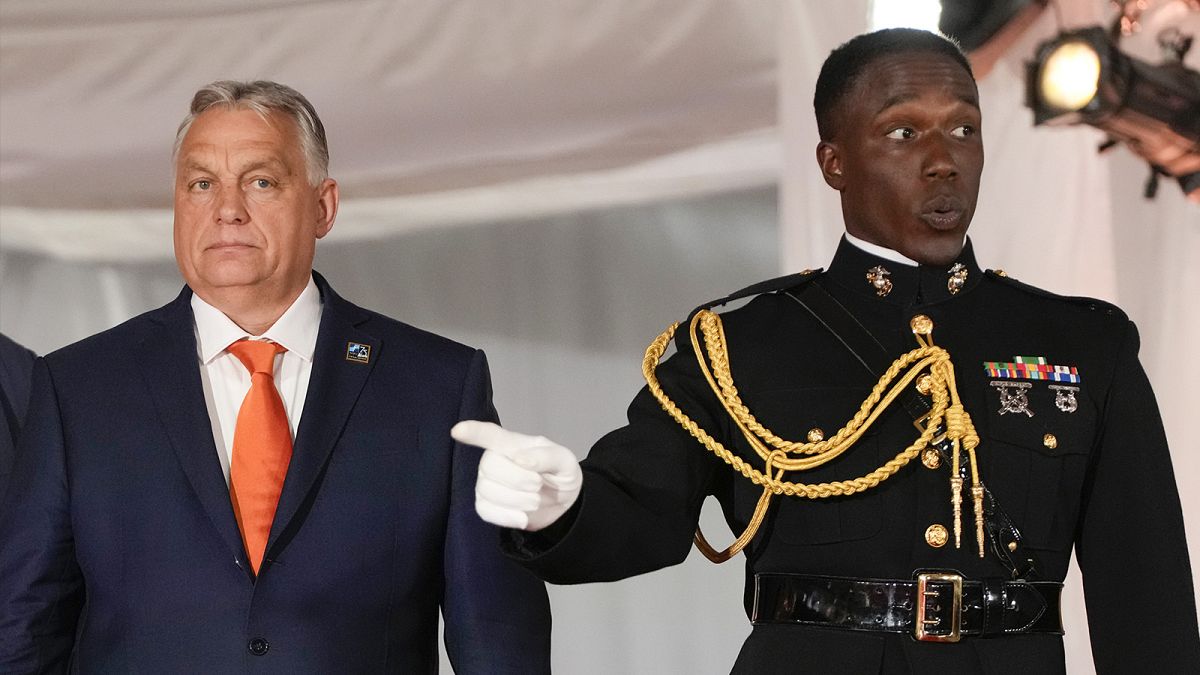The recent visit of Hungarian Prime Minister Viktor Orbán to Moscow has sparked criticism from NATO allies in Washington. Many believe that Orbán’s actions were unnecessary and failed to acknowledge Russia’s aggression and the suffering of Ukrainians as a result of Putin’s actions. Former US Ambassador to NATO Ivo Daalder expressed that Orbán lacks the influence to disrupt Western security significantly. He emphasized that Orbán must align with the majority and cannot set a different course that goes against the interests of the alliance.
During the NATO summit in Washington, US Special Adviser for Europe at the National Security Council Michael Carpenter also voiced concerns about Orbán’s visit to Moscow. He stated that the visit did not advance the peace process and did not help Ukraine. Carpenter highlighted that the lack of coordination and the aggressive actions of Putin, such as the recent attack on a children’s hospital in Kyiv, demonstrate that Orbán’s mission was doomed to fail from the start.
Incoming Dutch Prime Minister Dick Schoof criticized Orbán, stating that he does not have the mandate to speak on behalf of the EU to Putin. This sentiment was echoed by Daalder, who warned about the rise of far-right parties in Europe and the US. According to Daalder, the far-right poses a threat to the unity and trust needed for NATO and other international institutions to function properly, as they tend to prioritize national interests over collective security.
Daalder also emphasized the need for Ukraine and NATO to mobilize younger individuals to fight against Russia. He noted that the war in Ukraine is predominantly fought by 40-year-olds, emphasizing the importance of involving younger generations in the conflict. Daalder also criticized the lack of strategic commitment towards inviting Ukraine to join NATO. He stressed that Russia will not give up its goal of controlling Ukraine unless the country is integrated into Western institutions like the EU and NATO.
Overall, the consensus among NATO allies is that Orbán’s visit to Moscow was a misstep that failed to address the reality of Russia’s aggression and the suffering of Ukrainians. The lack of coordination and the inability to make meaningful progress towards peace were major causes for concern. As discussions around the security of Eastern Europe continue, it is crucial for alliances like NATO to strengthen unity and counter the rise of far-right ideologies that pose a threat to collective security. Additionally, mobilizing younger individuals to fight in conflicts like the one in Ukraine is seen as a necessary step towards achieving victory against aggressors like Russia.










